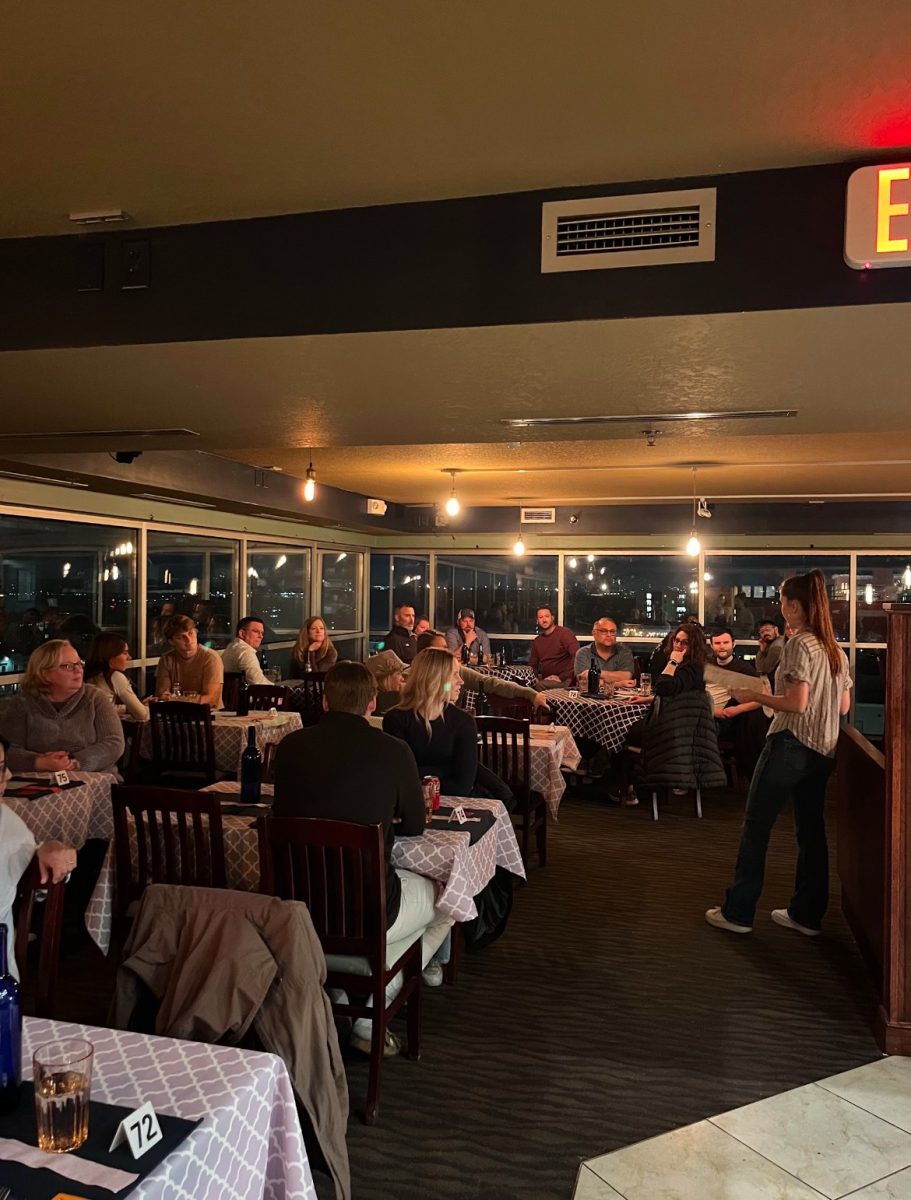Gang violence in Iowa subject of speech
October 23, 1997
The constant increase in the amount of young people joining gangs was the subject of a speech Wednesday.
Laurence Jones, executive director of the National Gang Network, spoke at the Memorial Union this week as part of Violence Prevention Week at Iowa State.
“Every few years, the number of gang members triples,” Jones said.
To an audience of about 20, Jones described why kids and teenagers decide to join gangs. He also spoke about the many gangs kids can join.
Jones worked at the Network’s principal office in Newton, Mass. before coming to Des Moines.
His job now also requires him to take on the additional task of director for the Boy’s and Girl’s Club of central Iowa.
Gang activity often starts at a young age — sometimes 6 or 7-years-old, Jones said.
He said many kids join gangs because they want a place to fit in and they want friends to hang out with.
He labeled these young kids “wannabes.”
“Wannabes are the toughest to deal with because they are out to prove something,” Jones said.
Jones said the reasons for joining gangs include loyalty, prestige, money, lack of a parental role model and a sound education.
He said gang and drug-related problems occur right here in central Iowa.
According to reports from the Des Moines Police Department, there are approximately 2,500 gang members within the city of Des Moines and the surrounding areas — a number that has tripled since 1990.
Jones said people living in gang-infested areas cannot afford to buy the drugs gangs are pushing.
This leads the gang members to turn to the affluent, white, middle class suburbs and the people who can afford it.
The National Gang Network is hired by cities throughout the United States to assess their own gang problem, whether the problem is violence or drug-related. The Network has several programs a city can implement to help combat their specific gang problem, he said.
Jones expressed his personal concern for Des Moines and said the problems with gangs and drug-related deaths cannot go unnoticed, or they will get worse.
The speech was sponsored by the Ames/ISU YWCA, as well as many other local businesses and organizations in Ames.






